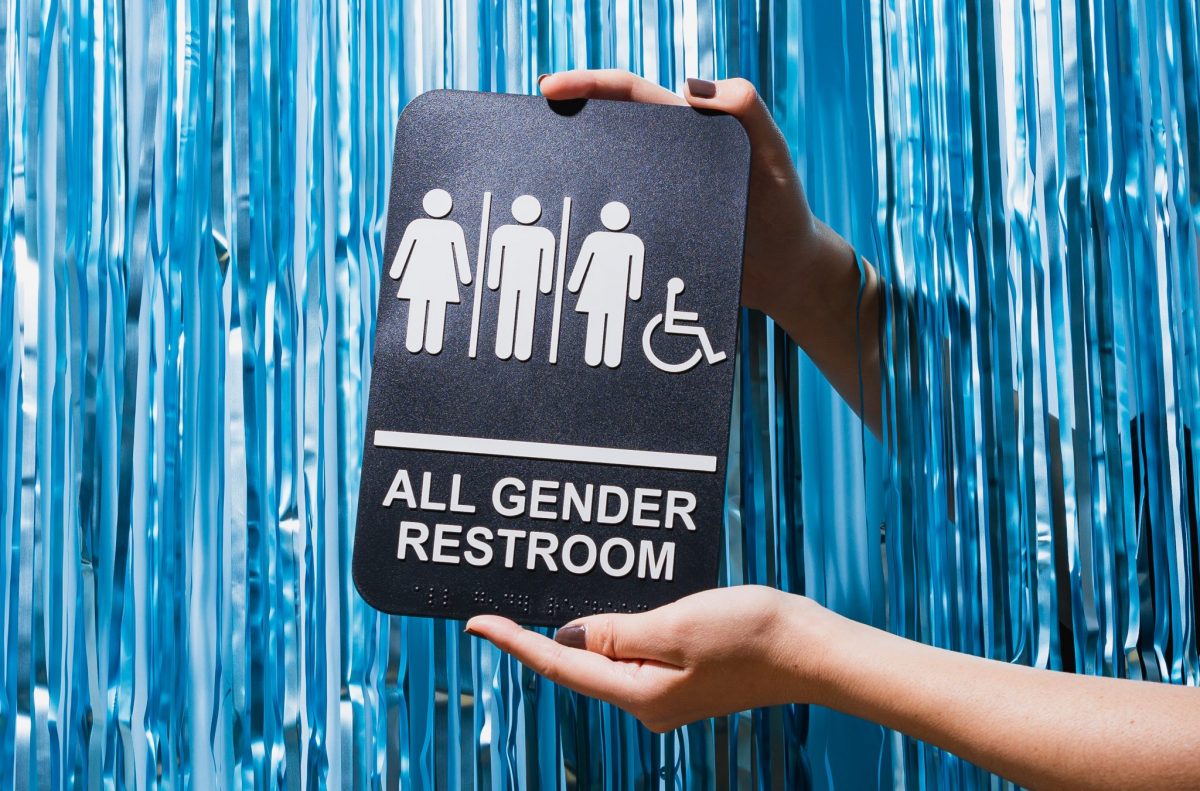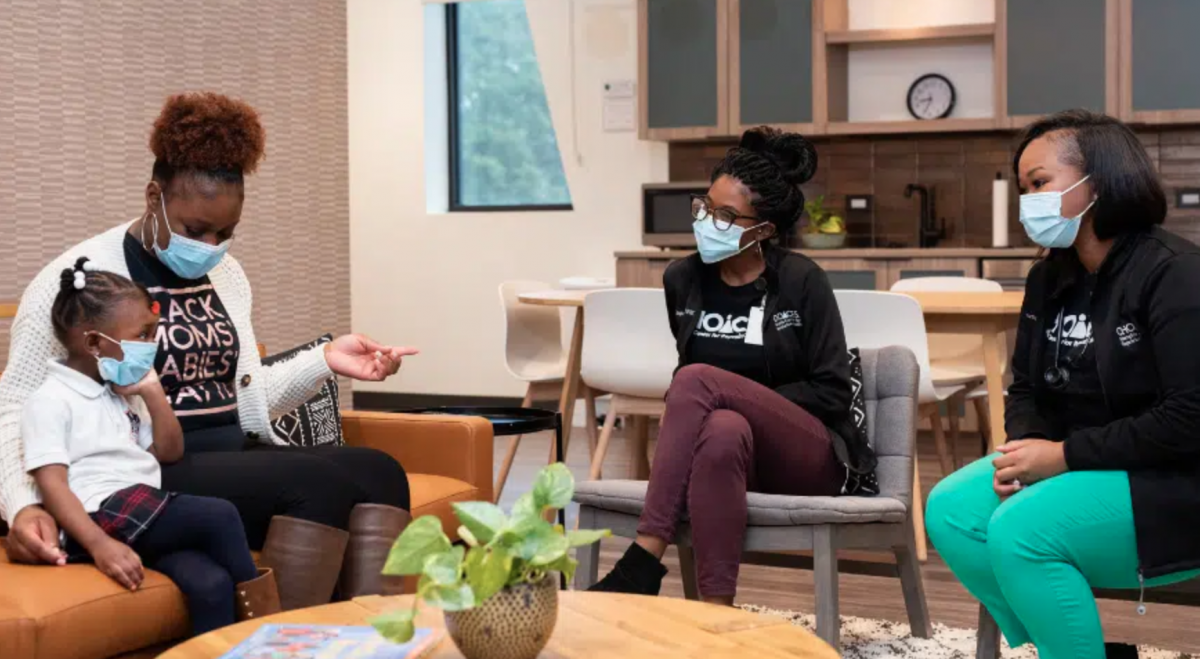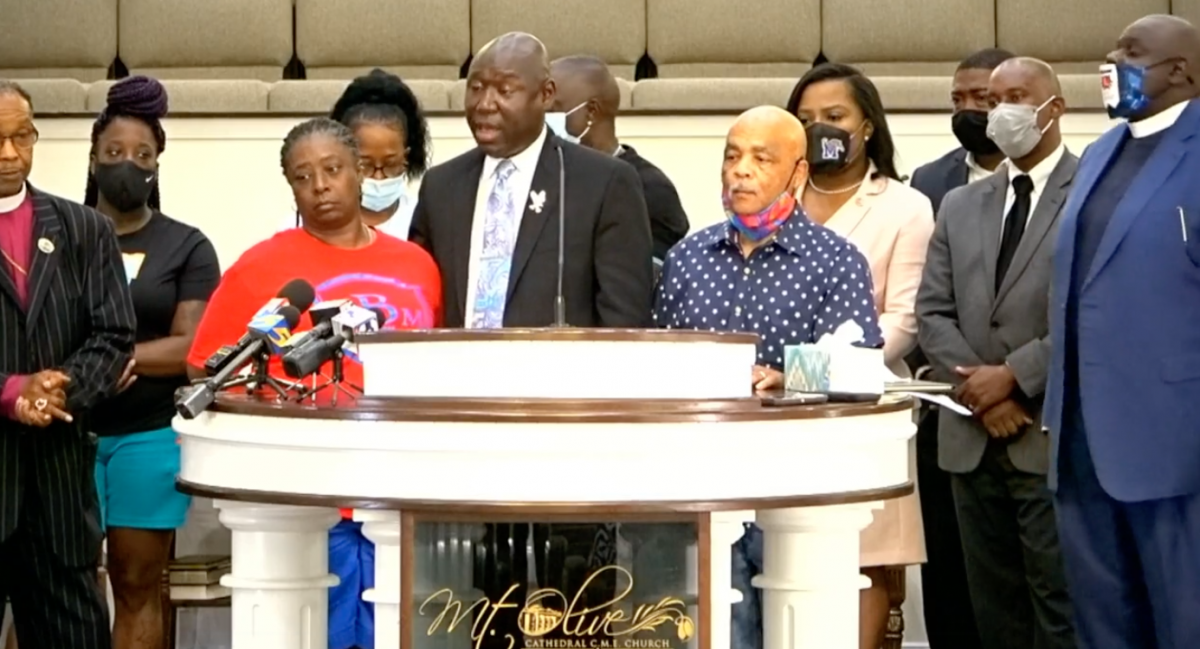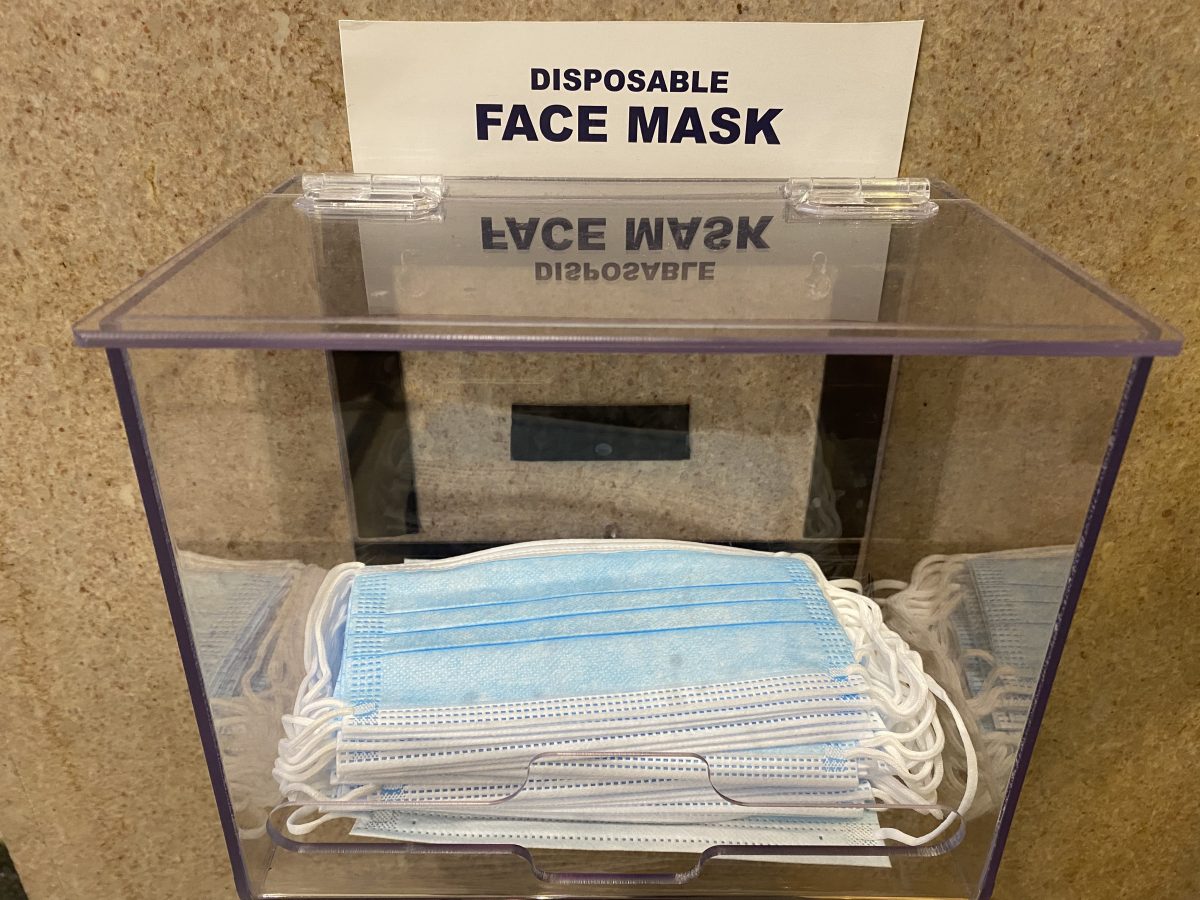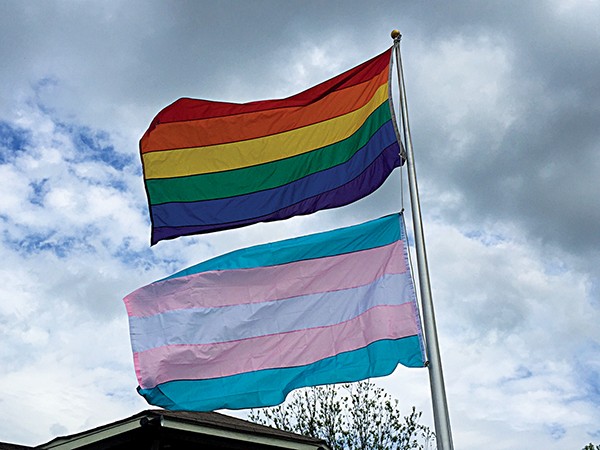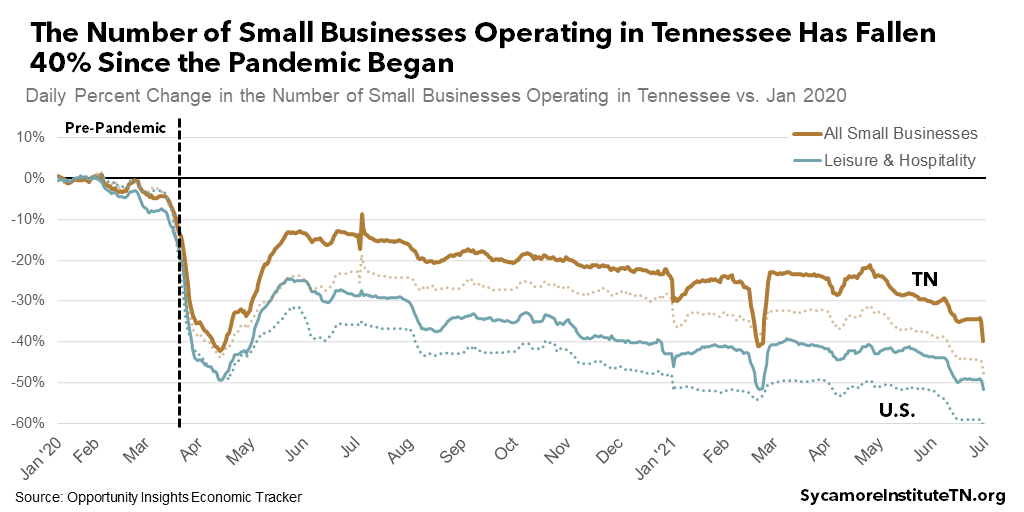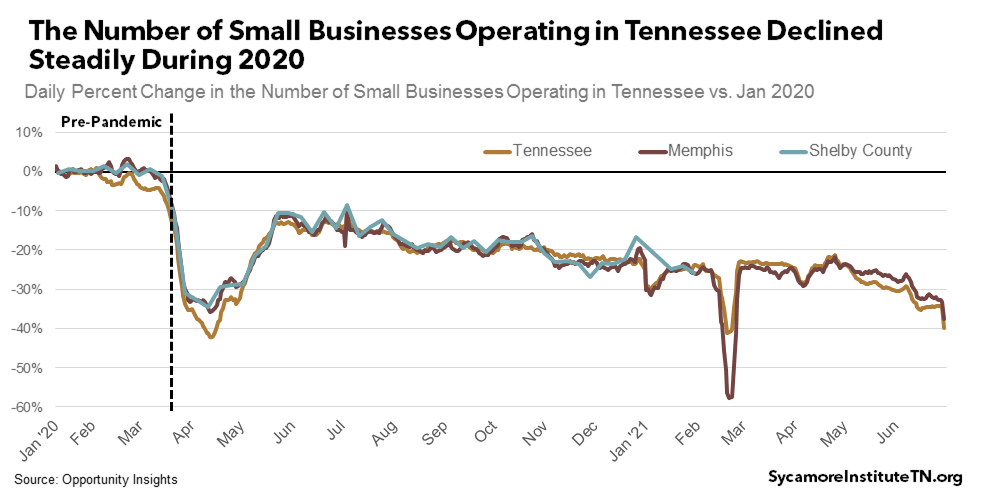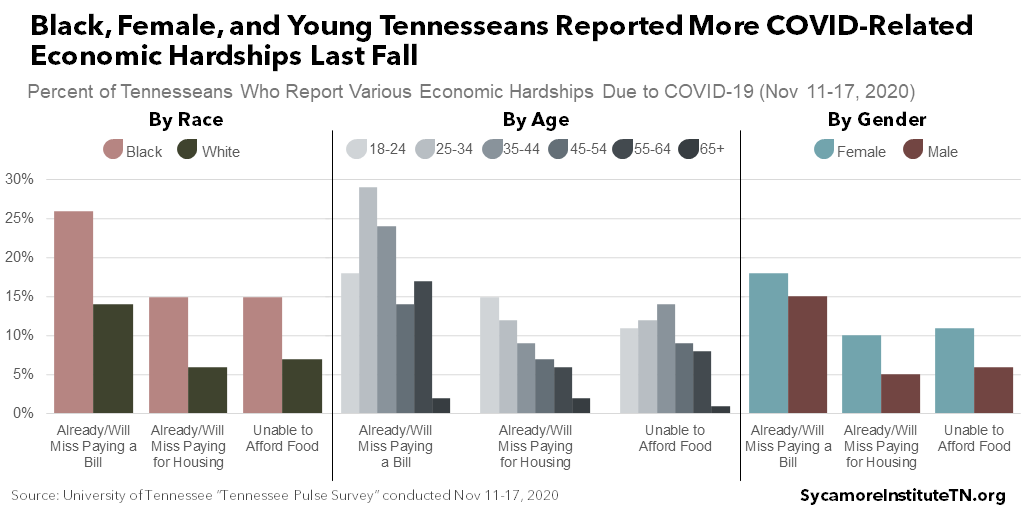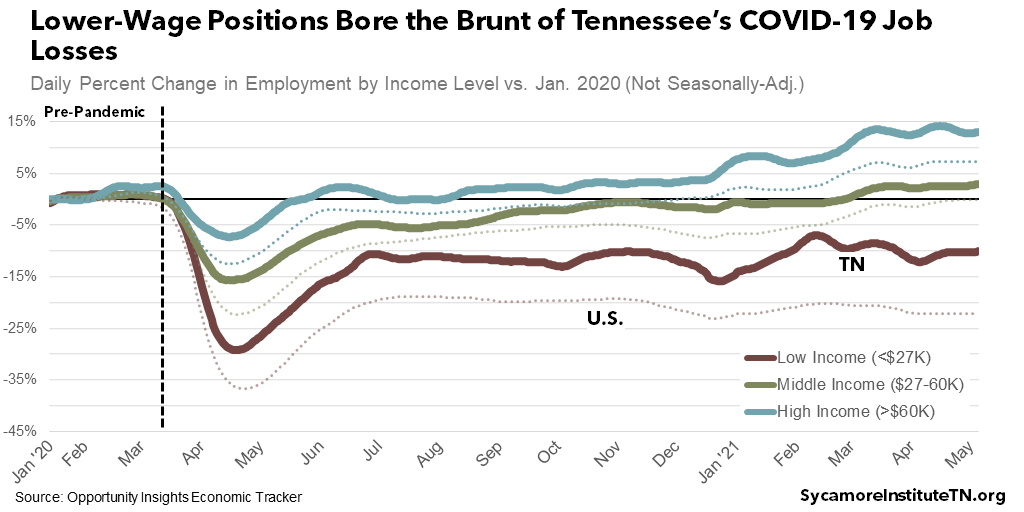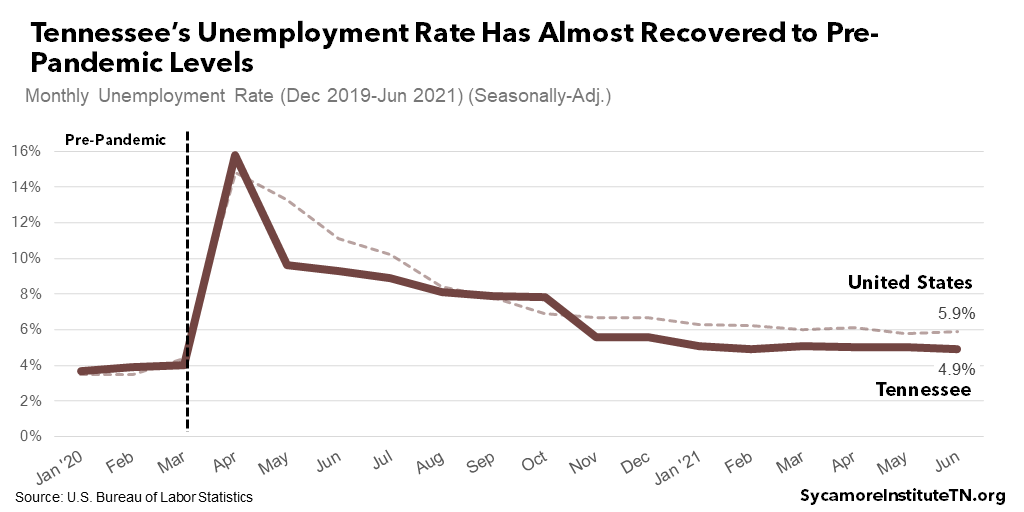The Tennessee law that bans transgender students from using the restroom that matches their gender identity is a “classic example of discrimination,” said the head of a Tennessee-based LGBTQ advocacy group.
Chris Sanders, executive director of the Tennessee Equality Project (TEP), said The Tennessee Accommodations for All Children Act (also known as the School Facilities Law), signed by Governor Bill Lee in May, unfairly takes away transgender students’ basic rights.
“Whenever you tell a group of students they need to use a separate restroom, you are telling them that they are different and what they are entitled to is different as a result,” Sanders said. “When it’s done by an official government entity, then that is the government carrying out that discrimination.”
TEP, which advocates for the equal rights of LGBTQ people in Tennessee, helped find plaintiffs for a lawsuit recently filed by the Human Rights Campaign (HRC) that seeks to block the law from being enforced.
Federal district court judge Eli Richardson denied HRC’s motion for a preliminary injunction last week, citing an “unreasonable delay in filing the lawsuit.” The court will now conduct a hearing on the motion. A date for the hearing has not yet been set.
Regardless of the outcome of the lawsuit, Sanders said “it was the right thing to do.”
“For us and for HRC, it was morally imperative to do this,” Sanders said. “I don’t know what’s going to happen, but I think there’s a good chance the law will be struck down.”
Sanders said for years the far right has been pushing bathroom bills targeting the transgender community that serve “as a way of whipping up fear about transgender people.”
The School Facilities law is “dehumanizing” and “stigmatizing,” he said.
“It’s a divisive tactic,” Sanders said. “The law says to everyone that there is something wrong with trans people and that you shouldn’t share the bathroom with them. Trans people just want to use the bathroom in peace like everyone else.”
“Trans people just want to use the bathroom in peace like everyone else.”
By passing the law, the leaders of the state are sending a message that they don’t understand transgender youth, Sanders said. That lack of understanding leads to harmful policies like the bathroom law.
“That’s a really destructive message,” Sanders said. “When your government not only doesn’t care about you, but is willing to go to great lengths to pass laws attacking you, it’s the worst kind of message you could send to youth.”
Instead of passing anti-transgender laws, Sanders said Tennessee legislators should focus on passing laws that are trans-affirming, prohibiting discrimination in housing, education, and employment. He adds that dscrimination based on gender identity and sexual orientation needs to be banned under state law and that there needs to be a comprehensive anti-bullying policy for students at the state level.
“There are a lot of changes that could be made at the state level to protect LGBTQ youth, but the state is unfortunately not moving in that direction,” Sanders said.
Compounding the Struggle
Dr. KT Hiestand, a licenced psychologist who specializes in treatment for LGBTQ individuals in Memphis, said navigating life can already be a challenge for transgender youth without the addition of discriminatory laws.

Many transgender youth struggle with gender dysphoria, which is the medical term for the discomfort one feels about their body because of features that do not match their gender identity. For example, a transgender boy might be uncomfortable with having a high-pitched voice or the development of breasts.
Gender dysphoria is known to lead to depression and anxiety, Hiestand said. Transgender youth, especially in the South, also often struggle to find support for their identity. Trans youth are kicked out of their family homes and become homeless at much higher rates than their peers, he said. Trangender youth also are 40 percent more likely than their peers to attempt suicude.
“Laws like the bathroom one adds to the negative experience that trans youth are already having,” Hiestand said. “It can be enough to push them over the edge.”
It can be enough to push them over the edge.
Hiestand said the law can also create a mistrust in government among transgender youth.
“Think of a kid who has gone through some real struggles with first trying to figure out themselves and then coming out, but who has made progress,” he said. “Now, it feels like the government is out to get them. It’s really scary and it affects their ability to trust government authority.”
Under the law, trans students who do not want to use the restroom matching their gender assigned at birth are required to use a single-occupancy restroom. This often means using a restroom in a teacher’s lounge or another isolated restroom.
“The problem with this is that it sets them apart from other students,” Hiestand said. “It’s not a positive feeling being different from all of your peers.”
Additionally, this can be logistically challenging, Hiestand said. As a result, many trangender students will avoid using the bathroom when they are at school by not drinking anything during the school day. This sets them up for a slew of medical issues, he said.
The other option for trangender students is to use a restroom that “feels completely wrong to them.” This is mentally harmful and can potentially be physically harmful, Hiestand said.
“Transgender youth are not here to cause problems for people in the restroom,” he said. “They simply want to get in, do their business, and get out.”
